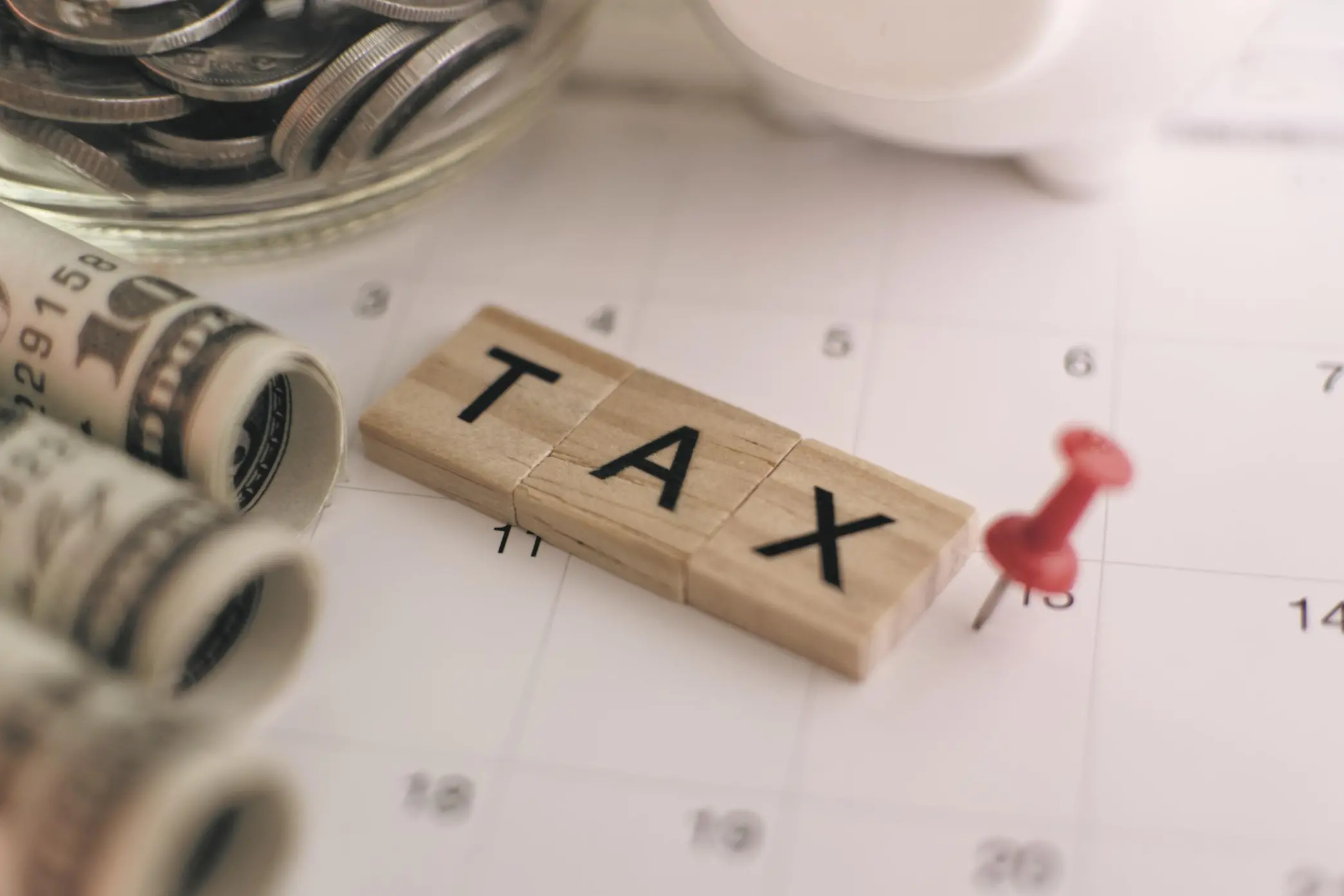PHOTO
MANAMA: The introduction of broad-based income taxes in the GCC is unlikely in the short-to-medium term, says Moody’s.
A new report by the US-based ratings agency states that direct taxation, which would significantly and durably lower the reliance of government revenue on oil and gas is a long way away as the region lacks economic diversification which means non-oil sector growth needs to be effectively subsidised.
The key difference between the GCC and most other sovereigns is an effective absence of direct taxes.
None of the GCC sovereigns currently levy property or personal income taxes, notes the report.
Corporate
Although some GCC sovereigns collect corporate income taxes from non-GCC firms operating in their jurisdiction, which in the UAE is limited to foreign banks, and in Bahrain there is no corporate income tax at all.
“Only longer term, when GCC economies themselves have sufficiently diversified and non-oil sector growth does not need to be effectively subsidised (relative to international competitors) through zero or very low direct taxes, would we expect GCC governments to introduce more broad-based income taxes that would significantly and durably lower the reliance of government revenue on oil and gas,” says Alexander Perjessy, a vice-president senior analyst at Moody’s and the author of the report.
The agency notes that hydrocarbon revenue, collected in the form of profit taxes, royalties and dividends (paid by the national oil companies), constitutes the largest share of government revenue across the GCC.
Even sovereigns with relatively more diversified economies, such as Bahrain and the UAE, derive more than 50 per cent of their government revenue from oil and gas.
For most GCC countries, oil and gas still account for at least 20pc of GDP, more than 65pc of total exports and at least 50pc of government revenue.
Bahrain (rated B2 negative by the agency) is the only GCC country where oil and gas accounted for less than 15pc of GDP in 2019, reflecting the country’s relatively well-developed manufacturing and services sectors but also its relatively low level of per capita hydrocarbon resources and production compared with the rest of the region.
The 2020 pandemic-induced shock to oil demand and prices highlighted GCC sovereigns’ very high exposure to oil market fluctuations. Moody’s assesses that regional sovereigns’ reliance on hydrocarbons will remain the key credit constraint despite ongoing diversification efforts.
Despite ambitious governments’ plans, diversification efforts since 2014 have yielded only limited results and will be held back by lower oil prices.
Trade data for the UAE and Bahrain point to a greater degree of export diversification than the rest of the region, partly due to their large tourism, transportation and financial sectors.
Hydrocarbon
In the case of Bahrain, it says reliance on hydrocarbon exports is also partly offset by the fact that a large portion of its hydrocarbon exports consists of refined products produced in Bahrain from imported crude oil from Saudi Arabia, which reduces the net impact of oil price fluctuations on the country’s trade balance.
Moody’s expects the regional diversification momentum to pick up but to be held back by the reduced availability of resources to fund diversification projects in a lower oil price environment and by intra-GCC competition in a relatively narrow range of targeted sectors.
“Economic diversification away from hydrocarbons remains the most frequently stated policy objective in the region but will likely take many years to achieve,” adds Mr Perjessy.
“The announced plans to boost hydrocarbon production capacity and government commitments to zero or very low taxes make it unlikely that heavy reliance on hydrocarbons will diminish significantly in the coming years.”
© Copyright 2020 www.gdnonline.com
Copyright 2021 Al Hilal Publishing and Marketing Group Provided by SyndiGate Media Inc. (Syndigate.info).





















